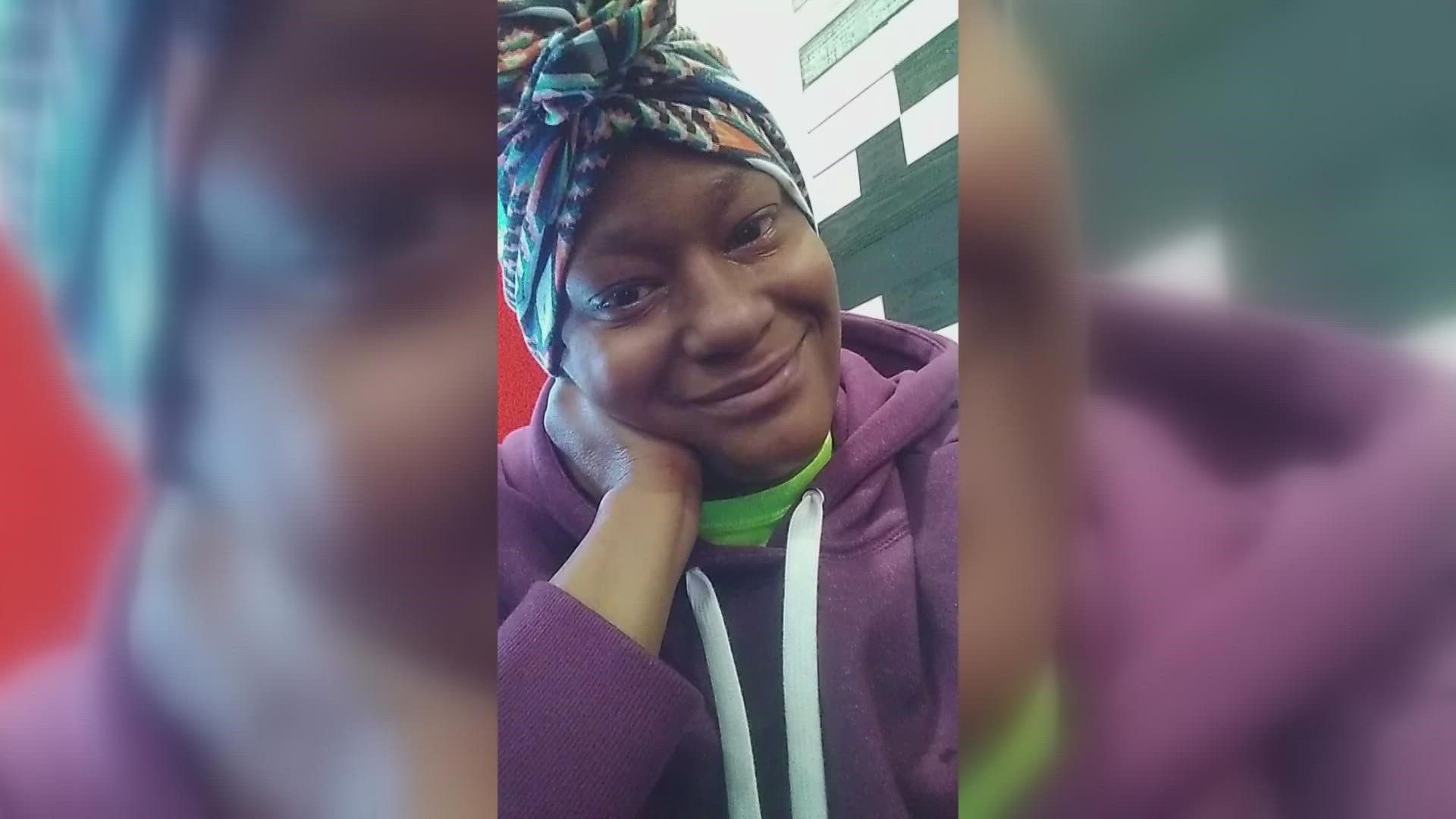SAINT LOUIS, Mo. — October is Breast Cancer Awareness Month, and it serves as a good time to remember there are health disparities when it comes to who gets a breast cancer diagnosis and who doesn't. There are also disparities when it comes to who survives a breast cancer diagnosis.
With the exception of white women, Black women are more likely to receive a breast cancer diagnosis than those belonging to other racial or ethnic groups thanks to a combination of biological and social factors.
According to the Centers for Disease Control and Prevention, Black women tend to get a diagnosis at a younger age, and their symptoms tend to be more severe. In fact, Black women are more likely to get a triple-negative breast cancer diagnosis, which is a fast-growing form of breast cancer with fewer treatment options.
None of that really mattered to Dee Dee Richardson when she got the phone call with her cancer diagnosis.
"When I got the news, I think I cried for three months," she said.
Richardson found a lump in her breast and went to the doctor right away, but she wasn't expecting to hear her diagnosis: Stage 3 metastatic cancer. It had already spread to her lymph nodes. She recalls the doctor telling her that the odds were stacked against her simply because is Black.
"They say a lot of Black women have this issue," she said.
Richardson had hoped for a benign tumor, but ultimately, that was not her diagnosis.
Even though treatment options are better than ever, Washington University Radiologist Dr. Debbie Bennett said it's not uncommon for Black women to face more health disparities surrounding breast cancer.
"The survival rates are close to 100% when we can catch them before they get to the lymph nodes," Bennett said. "Some of that is because Black women disproportionately are affected by a specific kind of aggressive breast cancer more often than white women are. But some of it is also just due to societal factors access to screening, mammograms, when people are catching their breast cancer and things like that."
According to the American Cancer Society, Black women are twice as likely to be diagnosed with triple-negative breast cancer than white women. They are almost 30% more likely to die from these tumors because of lower rates of surgery and chemotherapy. The society said the statistics may be related to fewer cancers being diagnosed at an early and localized stage as well as access to high-quality treatment.
Cancers diagnosed at a later, more advanced stage are typically more complicated to treat. For comparison, 82% of Black women live at least 5 years after an initial breast cancer diagnosis compared to 92% of white women.
Other women of color face disparities as well. There is a higher risk of breast cancer among immigrant Asian American women versus U.S.-born Asian American women. Cancer is now the leading cause of death within the Asian population as a whole, which is the only group that shares that risk. Hispanic women are also more likely to develop breast cancer before menopause and breast cancer with more aggressive features.
Richardson is currently continuing treatment and said she's motivated by her grandkids every single day. She has two granddaughters and gets to spend more time with them since her daughter moved in to help her.
Richardson had to quit her job, and while she has received help from groups like Susan G. Komen, she has capped out of resources. She is awaiting approval for disability, and she is simply having a hard time making ends meet. To make matters worse, she lost a lot of personal belongings in historic rain and flooding this past July, including clothing like a winter coat.
"I don't have the support that I wish I had, but I couldn't imagine going through this alone," Richardson said. "I just couldn't."
Richardson said she wants to survive for herself and her family, but she also wants to survive so she can help others. She's met a lot of folks who are going through chemotherapy by themselves, and she said it's not a journey anyone should have to go through alone.
"We didn't ask for this," Richardson said. "We didn't do anything to deserve this, you know?"
Richardson has set up a GoFundMe account, and 5 On Your Side anchor Michelle Li helped her set up an Amazon wish list to buy toiletries, cleaning supplies and basic needs.
To watch 5 On Your Side broadcasts or reports 24/7, 5 On Your Side is always streaming on 5+. Download for free on Roku or Amazon Fire TV.

